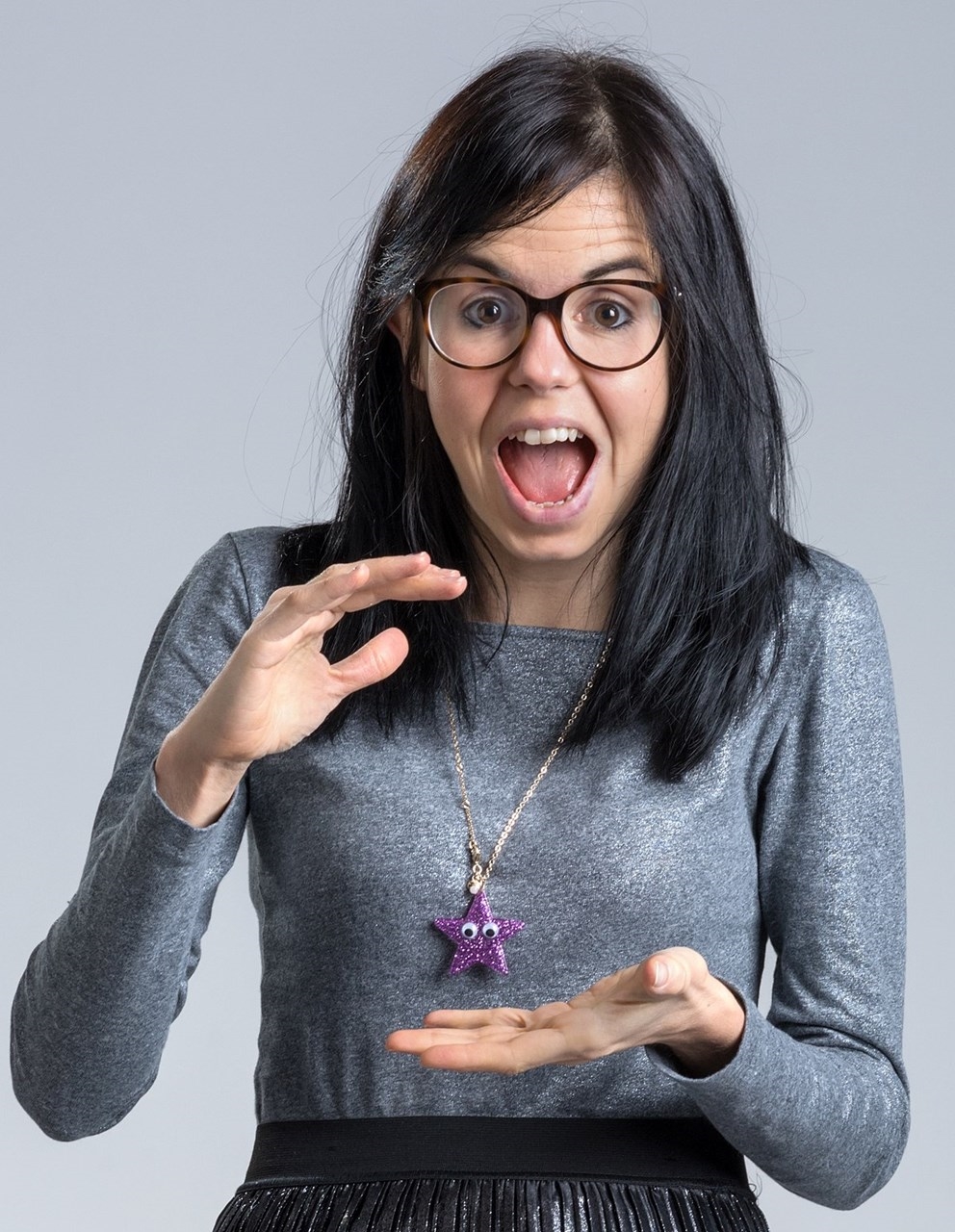Born in October 1988, Dr. Jessica Wade is a British physicist and activist known for her work in organic electronics and her advocacy for diversity and inclusion in science. She has gained significant recognition for her efforts to improve gender and racial representation in STEM, particularly through her work writing Wikipedia biographies for underrepresented scientists, particularly women and people of color. Her efforts aim to shine a light on individuals whose significant contributions to science have not been widely acknowledged. She currently works at the Blackett Laboratory at Imperial College London, where she specializes in polymer-based organic light-emitting diodes (OLEDs).
Early Life and Education
Wade grew up in a family with a strong medical background—both of her parents are physicians, and her grandfather, Leslie Feinmann, was also a physician of Jewish descent. She attended South Hampstead High School, graduating in 2007, and later pursued a foundation course in art and design at the Chelsea College of Art and Design. However, her passion for physics led her to Imperial College London, where she earned a Master of Science (MSci) degree in 2012 and a PhD in 2016. Her doctoral research, supervised by Ji-Seon Kim, focused on nanometrology in organic semiconductors.
Research and Career
As a postdoctoral research associate in plastic electronics at Imperial College London, Wade's work centers on materials science, chiral materials, and circular polarization. She collaborates with Alasdair Campbell and Matthew Fuchter to develop and characterize light-emitting polymer thin films. One of Wade's notable achievements is discovering how to template chiral materials at functional interfaces, paving the way for tunable chiroptical technologies.
By November 2022, according to Web of Science, Wade had published 59 items and amassed 1,124 citations, a testament to her significant contributions to the field of physics.
 Dr Jess WadeWikiPublic Engagement and Advocacy
Dr Jess WadeWikiPublic Engagement and Advocacy
Beyond her research, Wade is deeply involved in public engagement efforts to promote gender equality in STEM. She represented the UK on the U.S. Department of State-funded International Visitor Leadership Program Hidden No More, served on the WISE Campaign Young Women's Board, and contributed to the Women's Engineering Society (WES) Council. She has been a vocal critic of expensive campaigns that suggest only a minority of girls would be interested in STEM, advocating for more inclusive and impactful approaches.
Wade has organized and supported various events to engage school students in science, using grants from organizations like the Royal Academy of Engineering (RAEng), the Royal Society of Chemistry (RSC), and the Biochemical Society. In 2015, she won the "I'm a Scientist, Get Me Out of Here!" competition, using the prize money to host a greenlight4girls day at Imperial College London.
Wade has also published a children's book, "Nano: The Spectacular Science of the Very (Very) Small," which introduces young readers to the fascinating world of materials and nanoscience.
Professional Involvement and Recognition
Wade serves on several committees, including the Institute of Physics (IOP) London and South East Committee, the IOP Women in Physics Committee, and the Juno Transparency and Opportunity Committee at Imperial. Her outreach work has been widely covered in media outlets such as the BBC, CNN, NPR, and The Guardian.
Wade's journey with Wikipedia began with the realization that women's achievements in science often go unnoticed. Despite significant contributions to their fields, many women were missing from popular narratives, academic publications, and online platforms like Wikipedia. Wade decided to change that. In 2018, she set out on a mission to write as many Wikipedia biographies as possible, focusing on women scientists who had made substantial contributions but lacked recognition.
Said Wade, "I have been working on initiatives to try and promote inclusivity in science since I was doing my PhD. I think it is really important that we have more diverse teams of scientists doing science and making breakthroughs but also that we show …young children in general that they can become scientists if they want and that subjects like science and engineering are really things that will welcome them and include them. Wikipedia is such an important reference platform. It’s used by almost every aspect of society and whilst it can feel complete, there are huge gaps, especially about notable women or notable people from other historically excluded groups.” [i]
Wade's efforts have resulted in the creation of hundreds of Wikipedia biographies. Her work spans various disciplines, from physics to chemistry to engineering, showcasing the diversity and breadth of women's contributions to the scientific community.
Among the women Wade has highlighted are:
Kimberly Bryant, founder of Black Girls Code, a non-profit organization focused on increasing the number of women of color in STEM.
Alice Ball, an American chemist who developed the "Ball Method," the first effective treatment for leprosy in the early 20th century.
Chien-Shiung Wu, a pioneering experimental physicist who made significant contributions to the field of nuclear physics, but whose work was often overshadowed by her male colleagues.
Today, Wade continues to write biographies and advocate for gender equality in STEM and encourages others to join her in celebrating the achievements of women scientists, both past and present.
Link: https://www.imperial.ac.uk/people/jessica.wade
[i] Dr Jess Wade: writing female scientists into Wikipedia, one page at a time: https://www.youtube.com/watch?v=SyiiKztBvls
Page created on 4/23/2024 11:00:50 AM
Last edited 2/8/2025 7:35:25 PM
